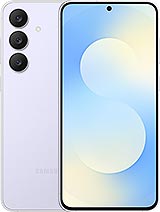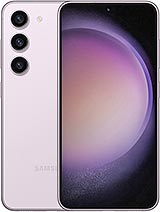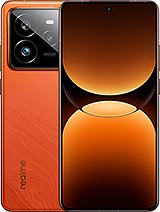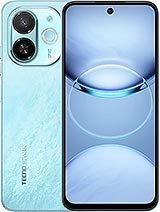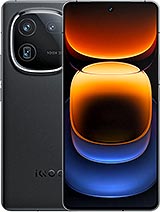iQOO 12 alternatives
Tap above to see alternatives.
Lava Storm Lite alternatives
Tap above to see alternatives.
Lava Storm Lite

Lava Storm Lite
-
Dimensity 6400
6 nm
-
5000 mAh
15W
-
6.75"
720 x 1600 pixels
-
50 MP
1440p@30fps
-
Specs

1x3.3 GHz Cortex-X4
3x3.2 GHz Cortex-A720
2x3.0 GHz Cortex-A720
2x2.3 GHz Cortex-A520
2x2.5 GHz Cortex-A76
6x2.0 GHz Cortex-A55
12GB 512GB (UFS 4.0)
16GB 512GB (UFS 4.0)
16GB 1024GB (UFS 4.0)
4GB 128GB (UFS 2.2)
f/1.7, 23mm (wide), 1/1.3", 1.2µm, multi-directional PDAF, OIS
64 MP,
f/2.6, 70mm (periscope telephoto), 1/2.0", PDAF, OIS, 3x optical zoom
50 MP
f/2.0, 15mm, 119˚ (ultrawide), AF
Wide Angle
4K@24/30/60fps
1080p@30/60/120/240fps
1080p@30fps
f/2.5, (wide)
SIM1: Nano, SIM2: Nano
SIM1: Nano, SIM2: Nano
11 5G bands
n1, n3, n5, n7, n8, n28, n38, n40, n41, n77, n78
9 5G bands
n1, n3, n5, n8, n28, n40, n41, n77, n78
In this performance comparison, the iQOO 12 with its Qualcomm Snapdragon 8 Gen 3 (4nm) performs better than the Lava Storm Lite with the Mediatek Dimensity 6400 (6nm), thanks to superior chipset efficiency.
iQOO 12 offers 3 years of OS updates, whereas Lava Storm Lite provides 1 years. For security updates, iQOO 12 offers 4 years of support compared to Lava Storm Lite's 2 years.
iQOO 12 features a superior AMOLED display, while Lava Storm Lite comes with an LCD panel. In terms of smoothness, iQOO 12 offers a higher 144 Hz refresh rate, ensuring fluid scrolling and animations. Both devices deliver the same brightness level at nits. Notably, iQOO 12 offers a higher screen resolution, resulting in sharper visuals and more detailed content.
Both phones are equipped with the same 5000 mAh battery capacity. iQOO 12 also supports faster wired charging at 120W, compared to 15W on Lava Storm Lite.
Both phones feature the same IP64 rating for water and dust resistance.
- iQOO 12 – Check price here
- Lava Storm Lite – Check price here
¹ Scores can vary even with the same chipset due to RAM, thermals, and software optimization.


